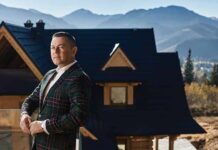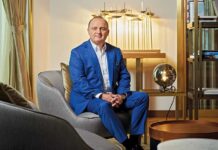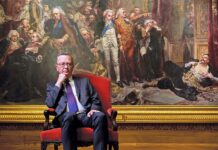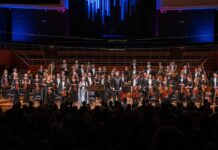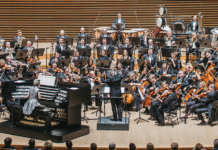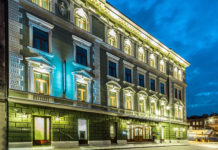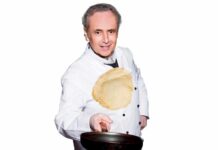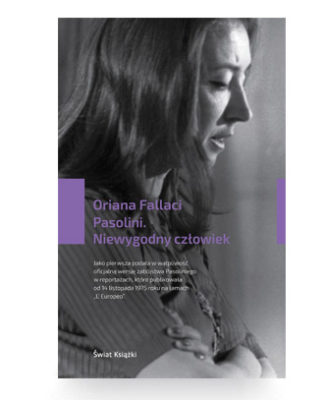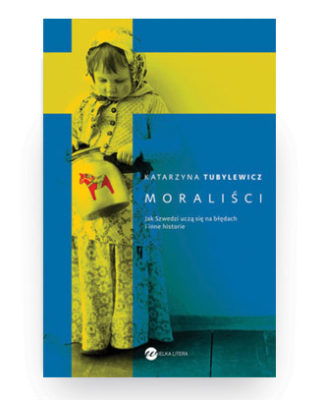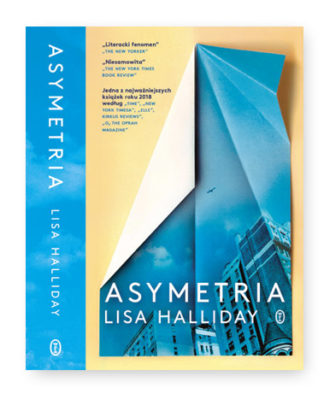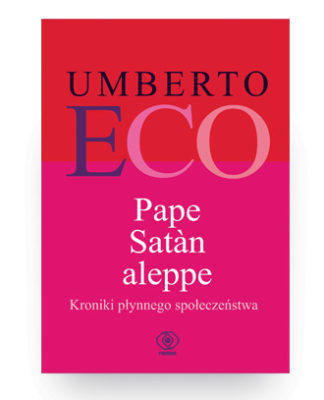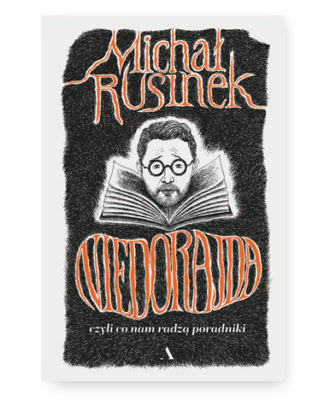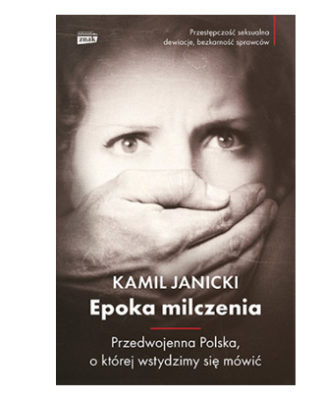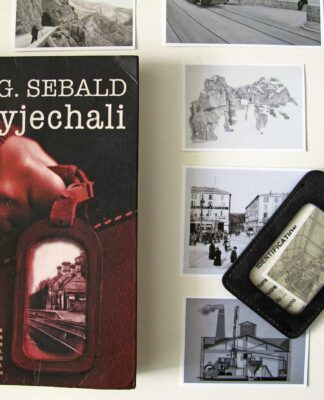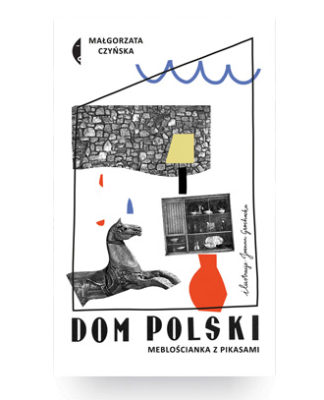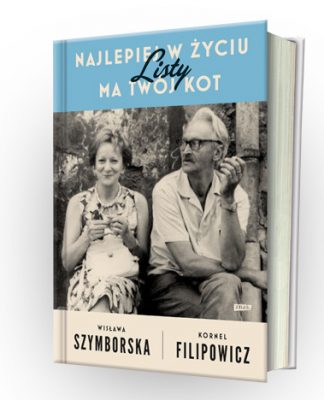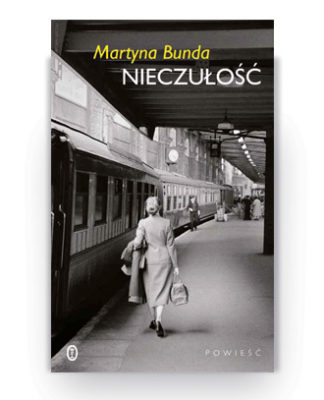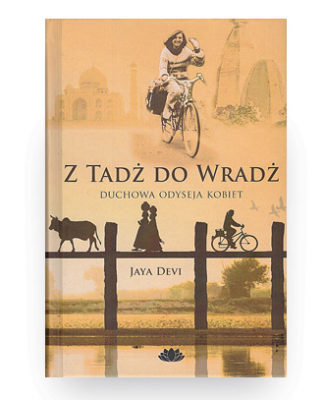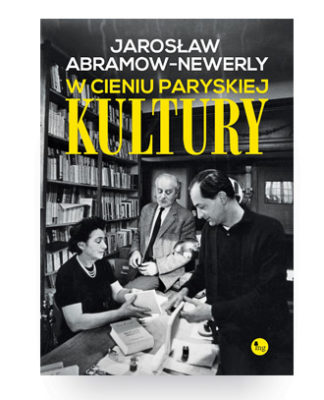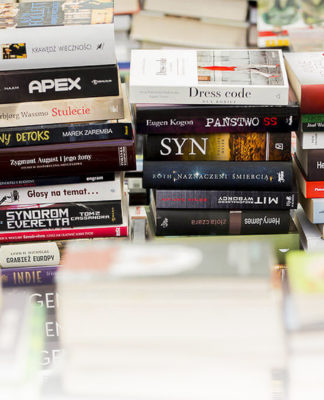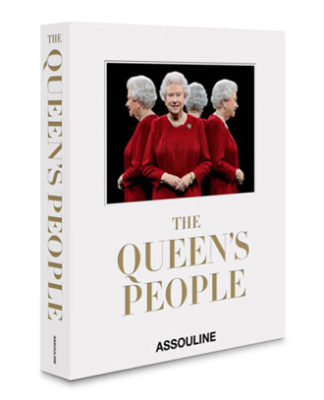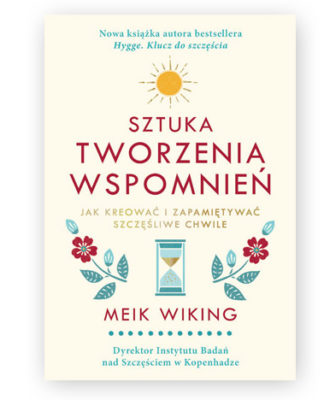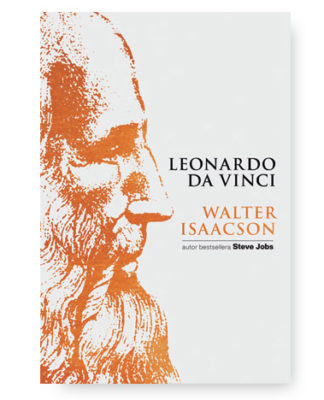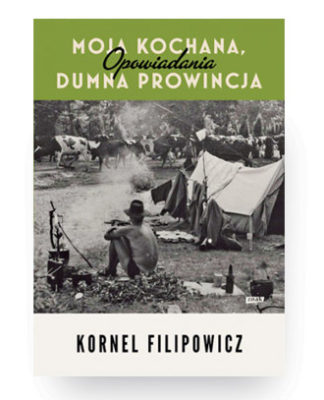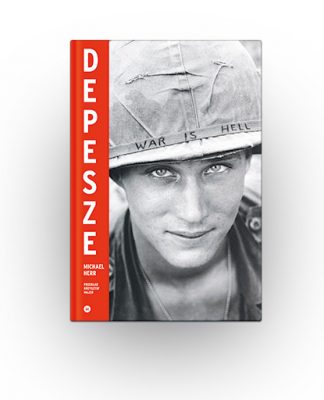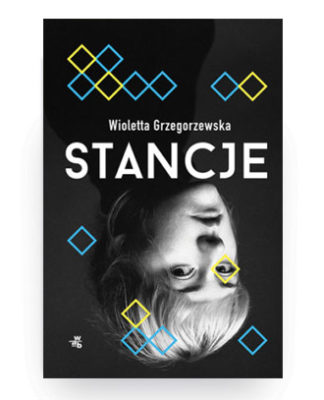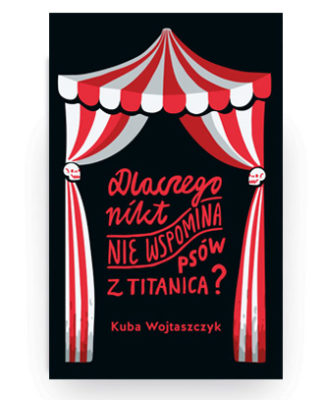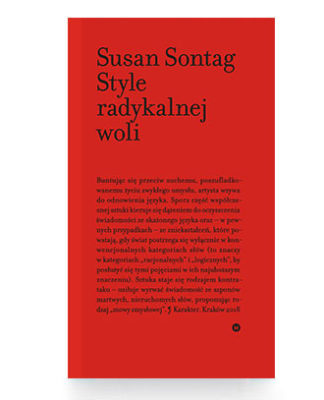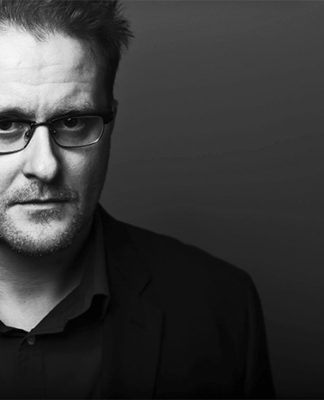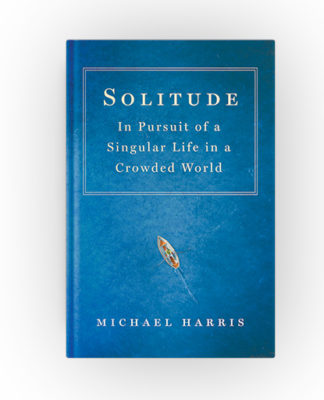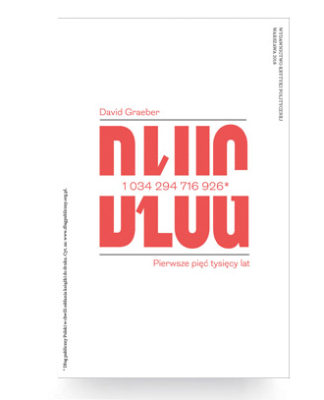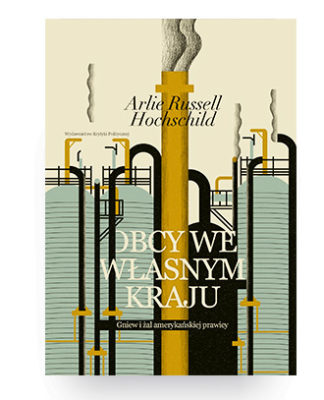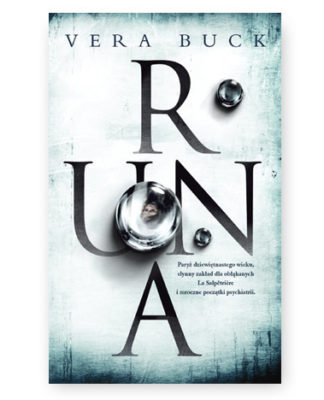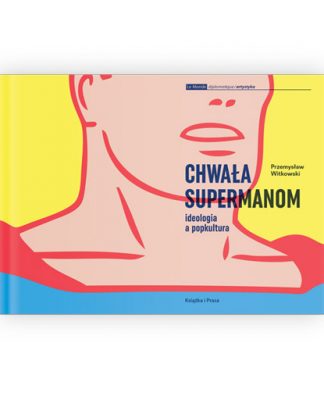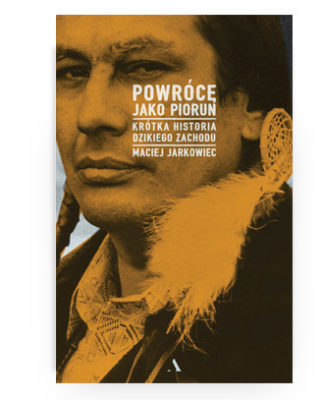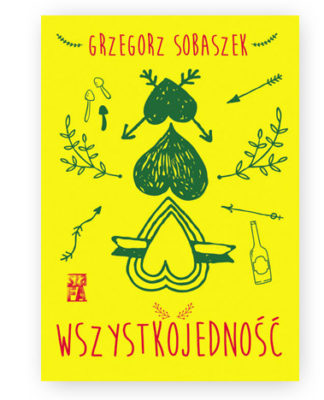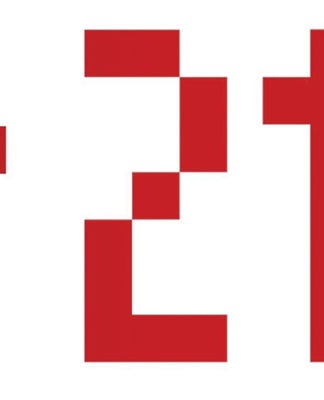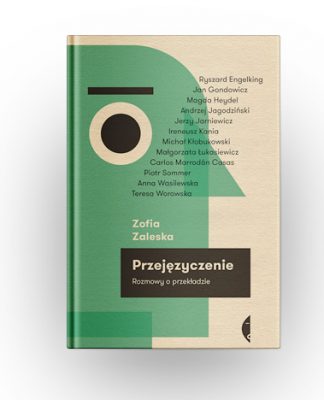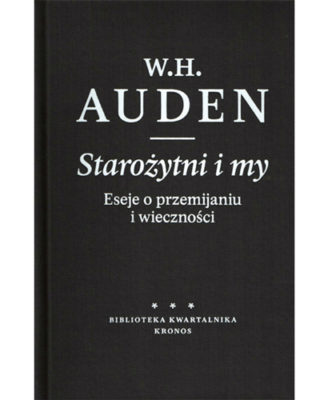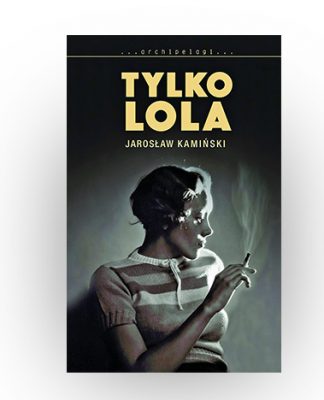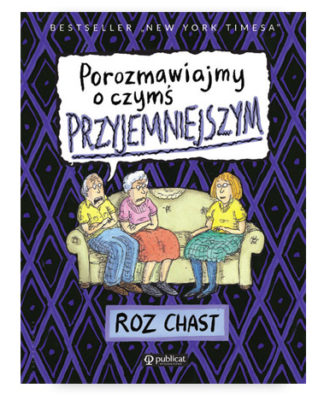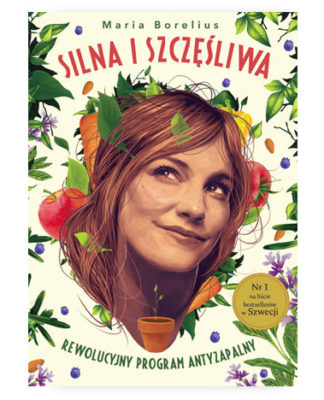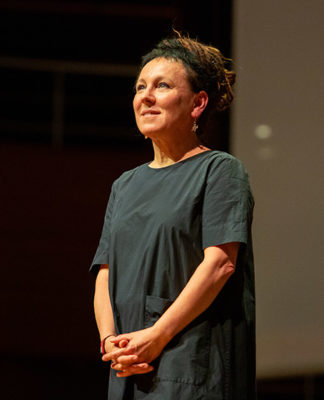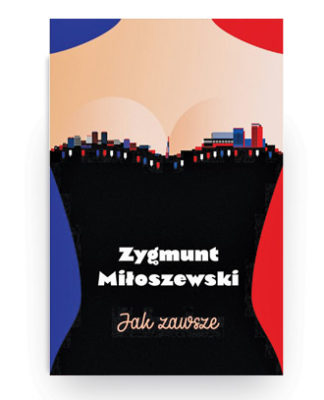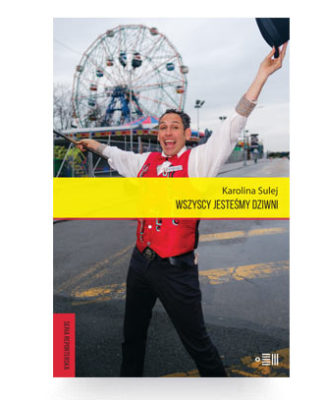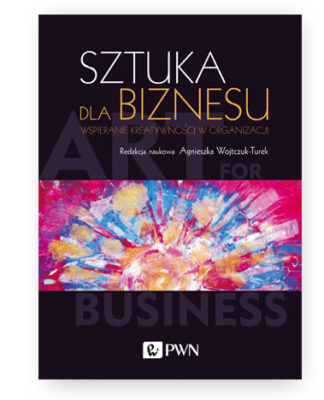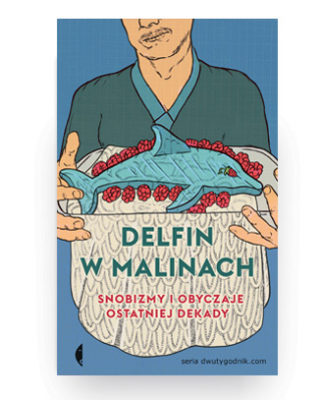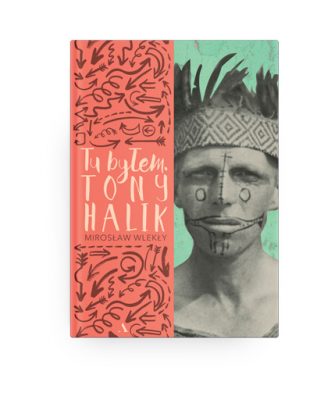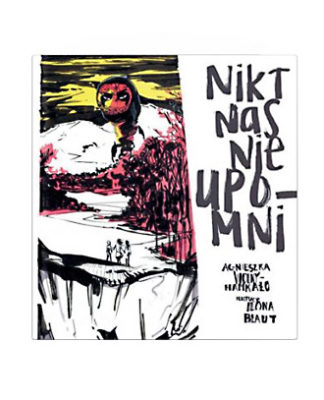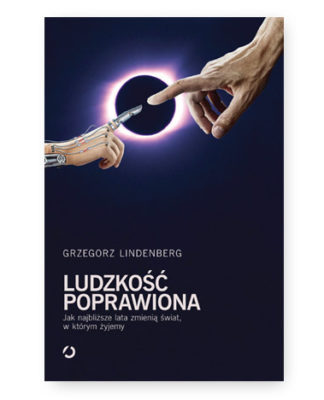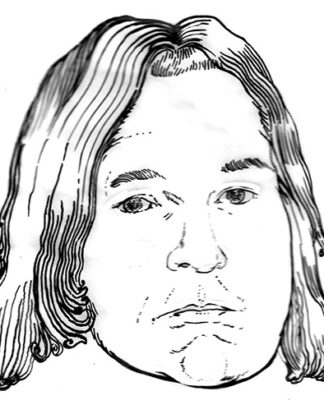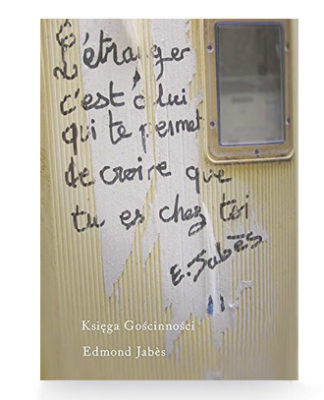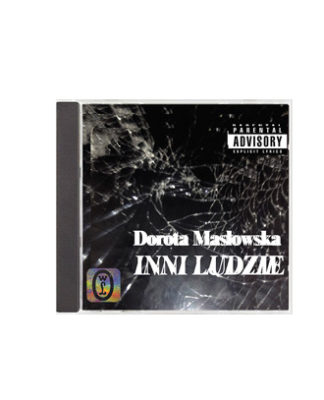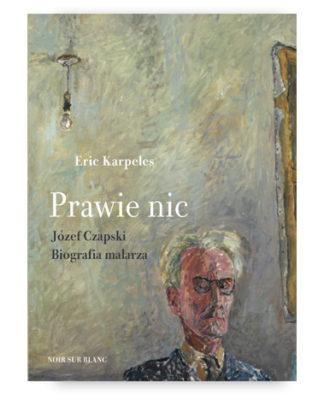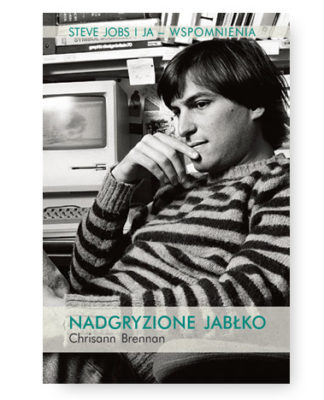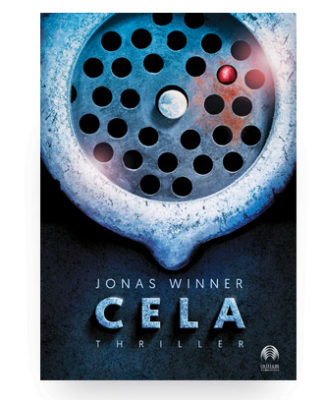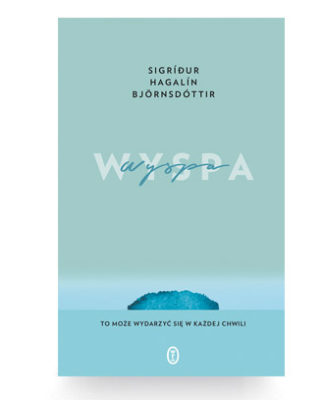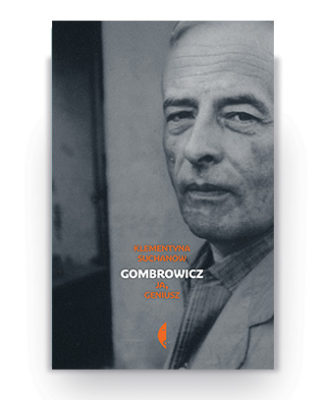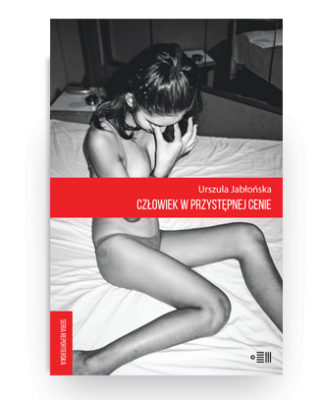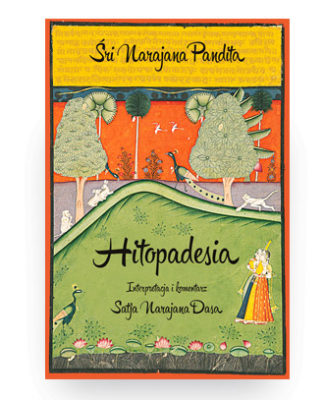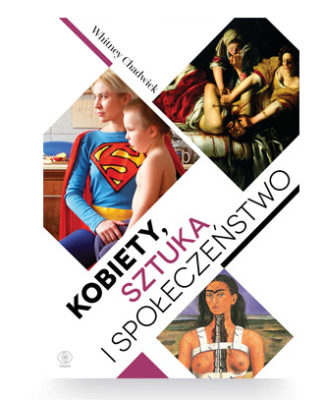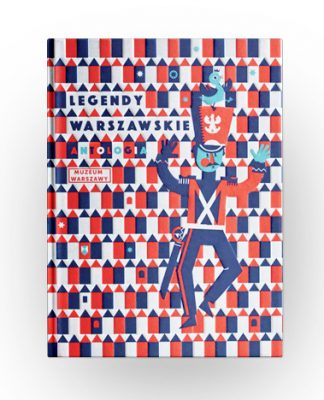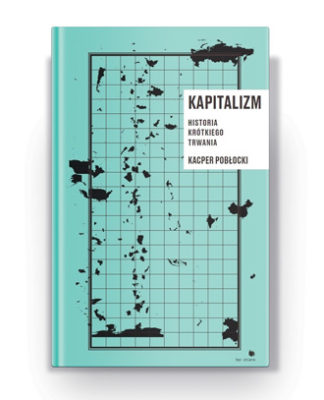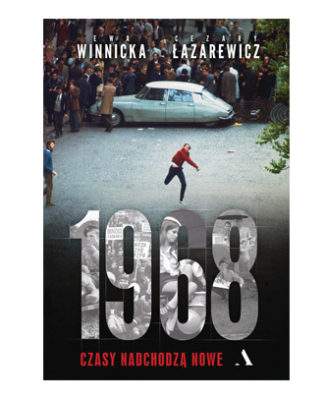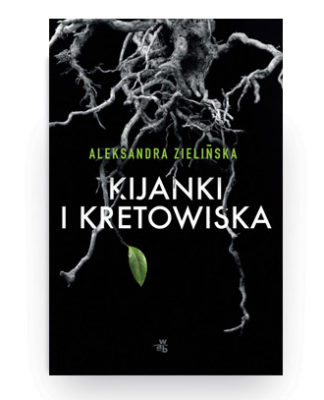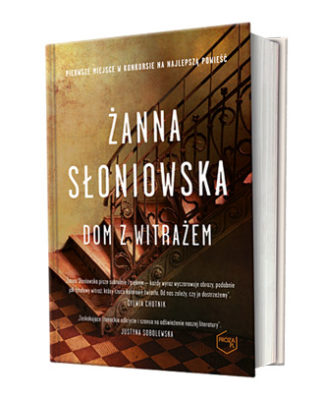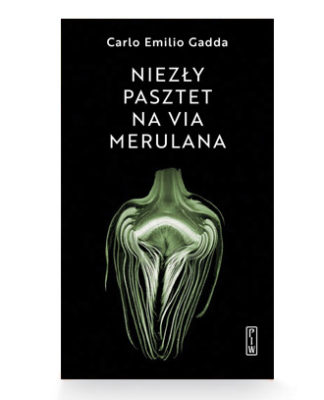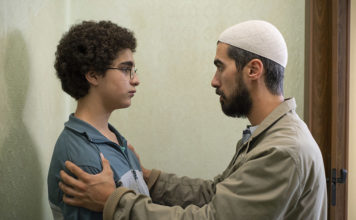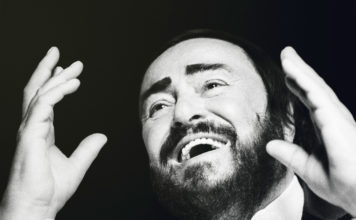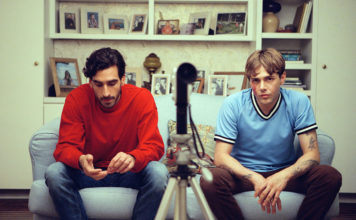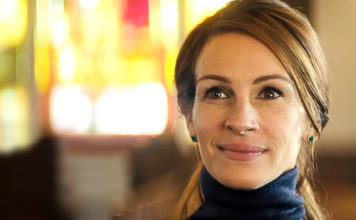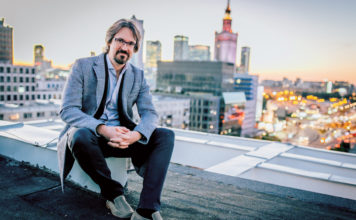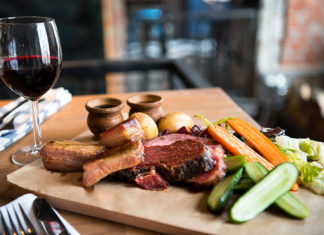Australian singer Greg Gould has a lot to be proud of. He has achieved global success with over 20 million views of his award-winning music videos. His recently released album ‘1998’ went to number one, and last month two of his songs were signed to major record labels, including SONY Music. With that in mind, it’s hard to believe that Gould nearly threw it all away at the age of 16.
Text: Jansson J. Antmann
Photography: Christian Scott
When did you know you had a voice?
At school. However, to be honest, I hadn’t really cottoned on that I could sing at that stage. My teacher told my parents that she thought I had a singing voice. They were very supportive and enrolled me into the Johnny Young Talent School when I was 9 or 10 years old.
Was that a life-changing moment?
To be able to spend my Saturday mornings in those classes with other kids who liked doing what I did was an amazing break from the rest of the week, during which I really didn’t have that many friends and was constantly bullied for wanting to perform. In those days, before TV talent shows like The Voiceand Idol, it wasn’t cool for boys to be talented, or to sing.
How did your classmates react when you first sang for them?
At first it wasn’t an issue. However, once the gimmick wore off, they did become jealous and they tried to find ways to pick on me for being different and having a talent.
When did that stop?
In 5th grade I moved to a performing arts school in Newcastle [ed.: north of Sydney]. My big brother went to the same school. He was popular and he protected me.
Did you perform a lot during your time at the Johnny Young Talent School?
We performed at shopping centres, during end-of-year concerts, Christmas carols at the local football stadium… little things like that, which seemed huge at the me, especially to a 9-year-old child. I felt right at home on stage and I knew that was my future.
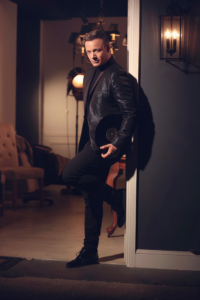
When did you decide you wanted to be a recording artist?
I decided at the age of 16 to audition for Australian Idolin 2006. When you audition for a show like that you usually go through several rounds before you get in front of the judges. So, I went through two rounds for the producers first and after the second one, the executive producer spoke to me literally minutes before I was due to go before the judges and told me, “Greg, don’t be too gay!”
How did that affect you?
I was shocked. That had never been on my agenda. I just wanted to go in, sing my song, and hopefully get through. After I heard that though, I was really thrown off my guard and it made me even less like my usual self. When I watch it back on the recording, you can see how nervous I was to just be myself, let alone to be in front of the judges. I was seeking out a career in music, so that was the last thing I wanted to be dealing with.
Prior to that, had it ever occurred to you that you were coming across as “too gay”?
No. There’s a fine line between being camp and an entertainer. Even the straightest performers are colourful and larger than life. It’s a persona, so I tread the line between the two.
What were the judges’ reactions?
After I sang ‘You’ve got a friend’ by Carol King, Marcia Hines was the first to speak and she said, “I don’t know what’s going to happen, but what you just did was dynamite!” So, I thought I’d nailed it. Then another judge said, “Can I ask you a personal question? Are you gay or are you straight?” Just like that. I replied, “Well, I’m going through it at the moment. I would say I’m confused and at the moment I’d like to be label free.” To which the third judge said, “C’mon mate! Label-free means you’re gay!”
You’re kidding!
No, I’m not. I responded by telling him I was confused, and he then said, “As confused as you are, you’re a great singer and I’m going to say yes.” All three said yes, and
I went downstairs only to find that they’d stuck a camera in my mother’s face and asked her, “How does it feel that your son has come out on national television?” My mother beautifully replied, “When it comes to my son, no matter what he is, I love him and that’s all that matters.”
Unfortunately, that’s the format of those shows. They want the tears and the drama. It’s good for ratings. It’s entrapment. Whenever an underdog turns up, whose background story can be turned into front-page news for a few weeks, they magically seem to go far and sometimes even win. Do you think that you might have progressed further if you and your family had reacted hysterically and given the media what it wanted?
Absolutely. However, I was 16 years old and had no idea what I was doing. Since it was something I was actually going through, I didn’t play the game, so to speak. I didn’t even know what game I was playing. I stopped singing for about four years after that, because I thought to myself, ‘If that’s what it means to be in the spotlight right now, I’m not ready for it.”
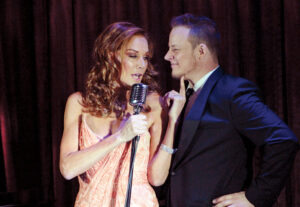 Rhonda Burchmore OAM & Greg Gould
Rhonda Burchmore OAM & Greg Gould
What did you do then?
I became an apprentice hairdresser and I only sang in the shower. [laughs] When I turned 21, I realised I wanted to get back into it and I performed in an amateur production of the musical The Boy From Oz about Peter Allen. Being on stage again, all my passion came flooding back and it reaffirmed that this was what I wanted to do with my life.
Amateur theatre is actually a really important stepping stone.
That’s so true. I implore all young artists to get as much experience like that as they can. It’s a great way to gain confidence, being around like-minded people and build friendships. After that show, I toured the world for two years performing in shows on Royal Caribbean Cruises, which was also a great learning experience. I was away from all those who love me, and I had to grow up a lot. You don’t have your family and friends by your side, telling you how wonderful you are, even when you’re not. [laughs]
It certainly paid off when you went on Australia’s Got Talent.
I knew exactly what game I was playing then. The difference between 16 and 25 was massive for me. I wanted to have a shot at a real career. I’d already been touring for two years, and I could have continued to be on cruise ships for another 10. However, I realised it was me to go home and take my goals seriously. I got home in December and I auditioned for Australia’s Got Talentthe following March. That entire year was dominated by that show and I came second in the end. Following that, I toured for another two years on the back of that show.
What’s your take on reality TV?
Look, it was my first platform. My second was my video of the song ‘Don’t Let Go’ that went viral in 2017. That definitely amped up my career and got people talking.
What do you put that down to?
The video. Obviously, it’s a good song. However, the video really resonated with people, because it featured true stories of discrimination in the LGBT community. It was released just before marriage equality was enacted in Australia, so it was very topical. And graphic. It even portrayed one guy who tried to commit suicide, which happens far too often. I made the video because people needed to see that and to understand what was happening in our community. I don’t care if they think that it’s the church’s right to say that only a man and a woman should be allowed to get married. I don’t care what their stupid reason is for not giving us equality. We need to send a message to kids, and everyone else, that we all need to be equal.
And did that lead to Hamburg?
Precisely. When that video went viral, the international press got interested and Hamburg Pride invited me to perform. I presented them with a song and they liked it so much that they decided to adopt it as their theme. I got to perform it there in front of 100,000 people, which was incredible. It really was a moment!
So, it was very much your initiative.
Well, first they invited me to perform, which came as a surprise to me. After that, I started thinking about what to perform. There was one original track on the same album as ‘Don’t Let Go’. We remixed it and presented it to them. The rest, as they say, is history.
It really was a case of carpe diem.
I’m an artist who is a go-getter and an entrepreneur. I want to enjoy the experience and I definitely don’t want it to come at the cost of anybody else. I would like people to enjoy working with me. At the same me, I love what I do, and I know I need to work hard at seeking out every opportunity available.
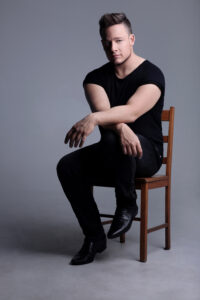
Your career also seems to be COVID-proof.
[Laughs] My album was already on pre-order when the outbreak of the pandemic happened. We held my single launch during Mardi Gras, which was the last big festival in Sydney. Two weeks later, Australia went into lockdown, and I had to decide whether to pull the album or not. Luckily, I chose to go ahead, and it went to number 1! Then the organisers of Sydney Pride got in contact with me. I’d performed for them a couple of years previously. They told me they loved my duet with Inaya Day titled ‘Love Like This’ and asked if they could make it the official theme for Sydney Pride in 2020. They also loved the video, which was about an interracial couple and how they overcame the prejudice of one of their mothers. The video was released around the time of the Black Lives Matter movement, so it was very topical. As a result, both Sydney Mardi Gras and Sydney Pride decided to use it to represent Australia at Global Pride.
A lot to be proud of.
The album is successful and doing well on Spotify. The videos are being shared. However, at the end of the day, I make music to be able to perform and I still miss that part of it. The opportunities are starting to present themselves again, but it’s still early days. That said, I do feel blessed that I have things to keep me going. I think the key to surviving the pandemic sanely is to set goals and achieve them, no matter how big or small. |



